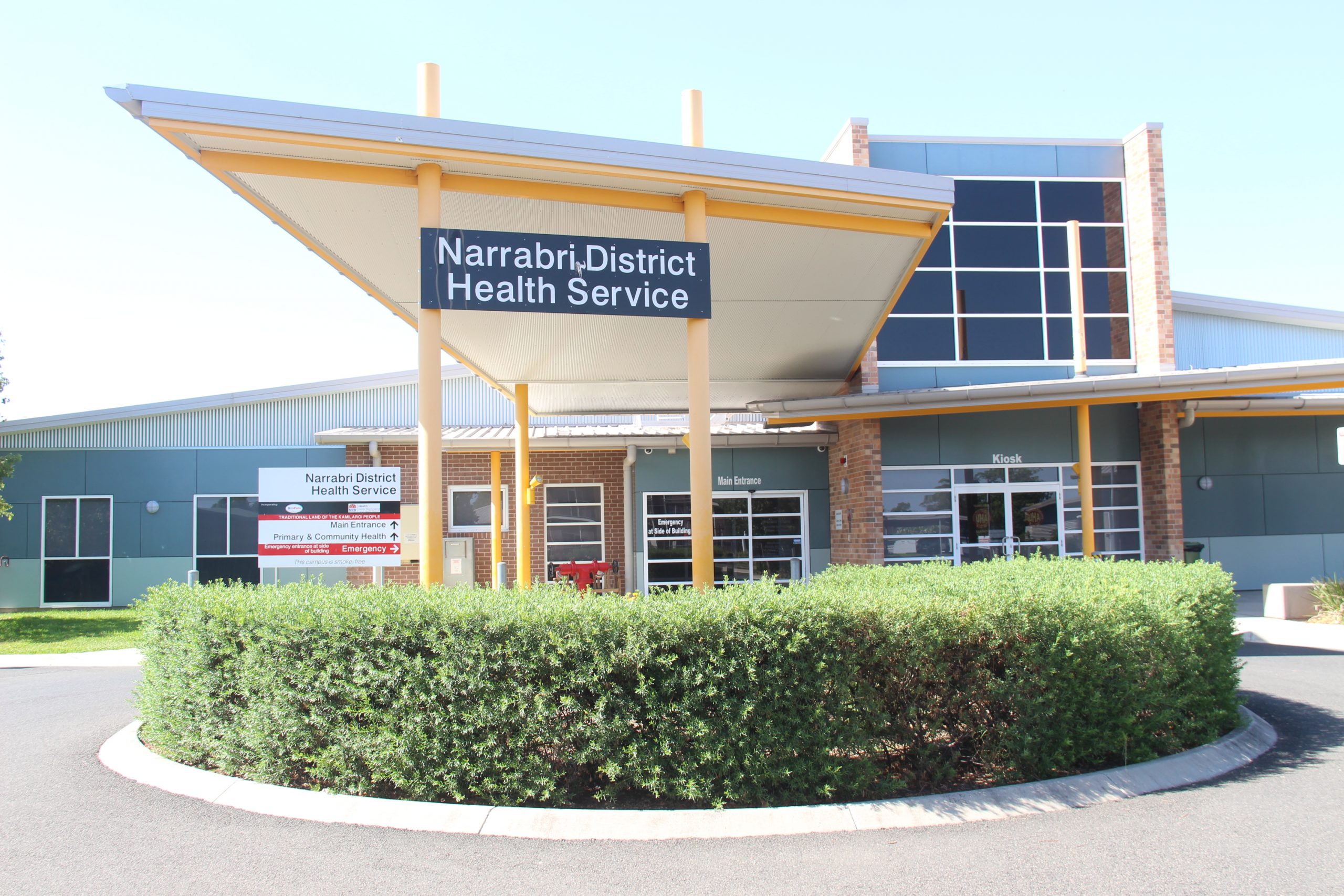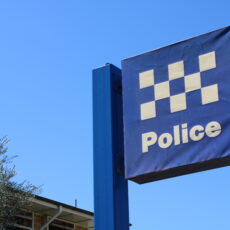Read more: Splitting district would be disruptive, costly: Hunter New England LHD chief
Read more: People voice concern with health system as part of split-up talks
Read more: Narrabri Shire strongly supportive of health district split-up bill
Splitting up the Hunter New England Local Health District has received significant support, local submissions to a NSW Parliamentary inquiry show.
Community members, organisations and businesses were able to make submissions to the Health Services Amendment (Splitting of the Hunter New England Health District) Bill 2025 which was tabled in parliament earlier this year by state Member for Barwon, Roy Butler.
Of the 101 submissions listed by the NSW Parliament, a large number have come from individuals and organisations in Narrabri Shire, particularly Wee Waa.
The process to seek feedback on the bill has coincided with a push for 24-hour medical capabilities in Wee Waa. Many submissions reference concerns about the state of services in Wee Waa, particularly the impact an under-resourced hospital has on the broader community resulting in people needing to travel to Narrabri for treatment.
Both Hunter New England Local Health District and NSW Health have sought for the current setup to remain in their submissions.
Mr Butler, who spearheaded the health district split-up bill in the state parliament, said the resources and services from the Hunter New England Local Health District seem to be concentrated in major population centres and hospitals.
“However, services in the New England area, including Wee Waa Hospital, have been allowed to decline with no sense of urgency or plan for restoring those services,” Mr Butler said this week.
“The HNELHD submission appears to be protecting the status quo and fails to propose any solutions for reopening hospitals in smaller communities. It’s rather peculiar to tell a community without a functioning hospital that their confidence is being undermined by a bill aimed at establishing a management structure that caters to people in rural areas. It is also odd to release that submission to the media.”
Mr Butler also queried part of the health district’s submission that said the Hunter region is subsidising rural hospitals.
“Why does John Hunter Hospital operate 24 hours a day and offer a full range of services while hospitals in the New England struggle to provide even the most basic services?,” Mr Butler said.
“The HNELHD is the only Local Health District that attempts to provide services to regional areas managed from a metropolitan base. How can you provide quality health services across such a vast geographic area with incredibly diverse communities when the management structure is so detached from their rural and remote facilities?
“I’d encourage the CE, Tracey McCosker, to visit Wee Waa and explain to the community how the current model is beneficial.”
Mr Butler said the most recent report from Wagga Wagga MP Dr Joe McGirr’s Select Committee on the implementation of Portfolio Committee No. 2 recommendations regarding cross-jurisdictional health reform and government consultation with remote, rural, and regional communities presents several findings and recommendations that highlight failures in regional health and the need for improved communication with these communities.
“These issues speak directly to the challenges we face with the HNELHD, and unlike the HNELHD’s submission, it offers solutions,” Mr Butler said.
In the final report issued this month, Dr McGirr, in his role as committee chair, said communities in remote, rural and regional NSW continue to face significant challenges in accessing health services, especially rural primary care and maternity services three years on since the Portfolio Committee No. 2’s (PC2) report.
“The Select Committee on Remote, Rural and Regional Health (the committee) was established to inquire into and report on the implementation of recommendations made by PC2 in its 2022 report, Health outcomes and access to health and hospital services in rural, regional and remote New South Wales. The PC2 report shed light on the poor state of the regional health system in NSW and made 44 recommendations for reform,” Dr McGirr said. “Over the past two years, the committee has been monitoring progress against these recommendations across the course of three inquiries. Our first report examined workforce issues, workplace culture and funding, while our second report looked at the delivery of specific health services and specialist care.
“As of June 2024, NSW Health reported that 25 of the 44 PC2 recommendations had been completed. However, the progress reported by NSW Health continues to be at odds with what communities and stakeholders are experiencing on the ground. The committee is concerned about the extent of progress reported against recommendations and believes that the intent of many of these recommendations remains unfulfilled.
“There is a clear need for ongoing accountability measures to ensure that reforms are implemented and the health needs of RRR communities are appropriately addressed. To do this, we recommend the establishment of an independent NSW Remote, Rural and Regional Health Commissioner that is empowered to hold NSW Health accountable in implementing reforms to improve the RRR health system. We also call for a number of other monitoring mechanisms, including regular reporting to NSW Parliament and additional funding for the Audit Office to undertake performance audits into key priority areas.”
While commending the state government’s commitment to implement ing all recommendations, Dr McGirr said the rate of progress had been too slow. Dr McGirr said significant reform of the remote, rural and regional health system is needed.
“We understand that this will take time, dedicated resourcing, and collaboration between all levels of government, but we are hopeful that this can be achieved.”
To order photos from this page click here









